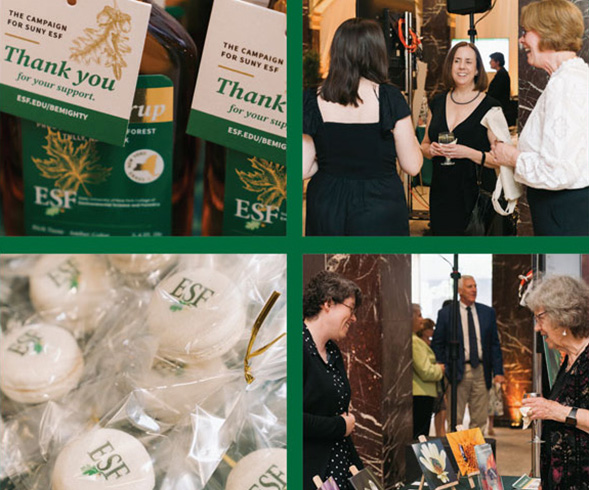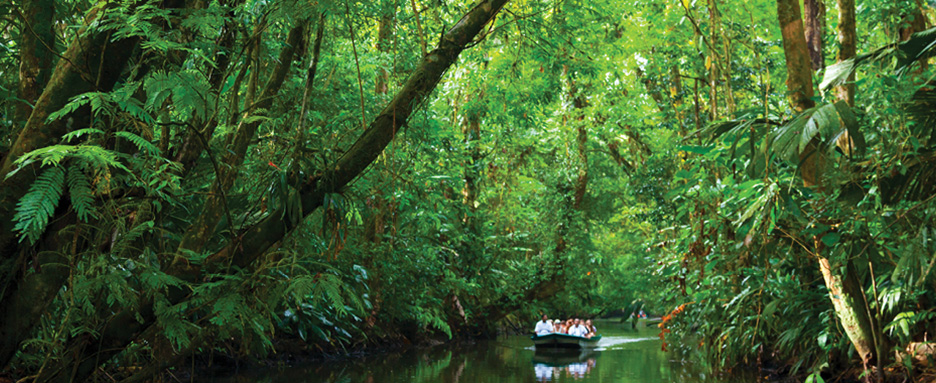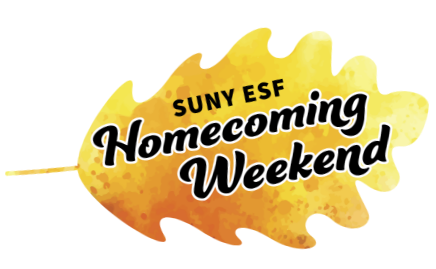Summer 2025 Issue
Inside This Issue

Together, We Will Be Mighty: Inside ESF's $40 Million Campaign
With excitement and gratitude, the ESF College Foundation proudly launches its historic $40 million campaign! The Campaign for ESF offers donors opportunities to make a lasting impact, from scholarships to naming facilities, inviting the entire College community to help shape ESF’s future.






